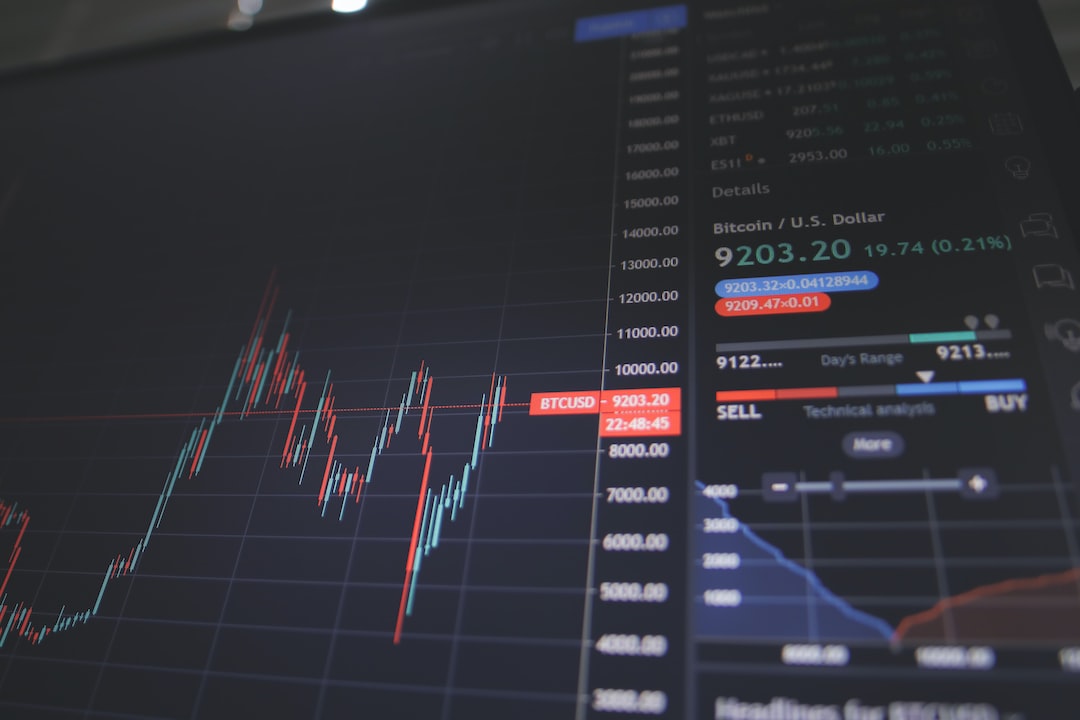The Former Head of BitMEX to Lead New Euro-Backed Stablecoin Company
Alexander Höptner, the former head of BitMEX, has been appointed as the head of a new company that will issue a stablecoin pegged to the euro. This move comes as the European Union (EU) introduces its new regime for crypto assets, including regulations for stablecoins, which could lead to wider adoption of euro-denominated tokens.
Partnerships with Deutsche Bank and Dutch Market Maker
Deutsche Bank and Dutch market maker Flow Traders are teaming up with crypto fund manager Galaxy Digital Holdings to create a euro-backed stablecoin. The new company, called AllUnity, will be based in Germany and aims to drive the adoption of tokenized assets. DWS will manage the reserves of the proposed stablecoin.
AllUnity’s Launch and Regulatory Approvals
AllUnity is planning to launch in the first quarter of 2024 after obtaining initial regulatory approvals. However, the stablecoin will only be launched once the company receives a full electronic money license. This aligns with the introduction of cryptocurrency regulation in the EU known as Market in Crypto Assets (MiCA).
Competition from Dollar-Pegged Stablecoins
Although the introduction of a euro-backed stablecoin is significant, dollar-pegged stablecoins like Tether and USDC remain more popular. Tether leads the market with a $90 billion market cap, followed by USDC with a market cap of $24 billion. However, USDT’s dominance may be challenged as USDC was ranked higher on S&P’s latest global rankings.
AllUnity’s Entry into a Crowded Stablecoin Market
AllUnity is entering a crowded stablecoin market, but as a German-backed reserve, it has the potential to contribute to the existing $128 billion market. The launch of AllUnity and its euro-backed stablecoin will be closely watched by industry participants.
Hot Take: Euro-Backed Stablecoins and the Potential for Wider Adoption
Euro-backed stablecoins, like the one planned by AllUnity, have the potential to drive wider adoption of tokenized assets within the European Union. With the introduction of MiCA regulations, financial providers have a clearer path to enter the crypto market. If successful, this could pave the way for more innovation and growth in the euro-denominated stablecoin sector.





 By
By
 By
By
 By
By
 By
By

 By
By